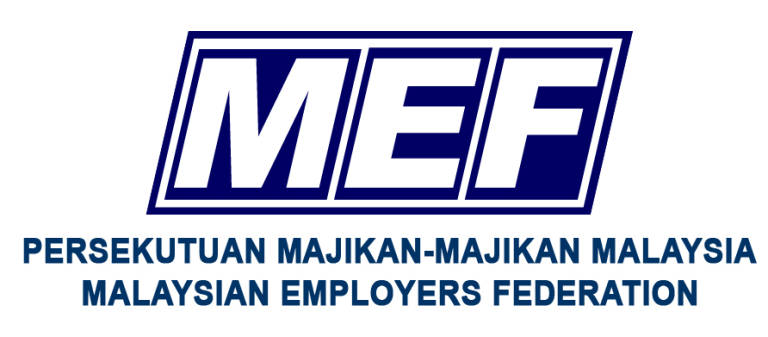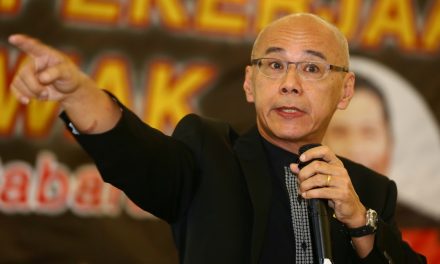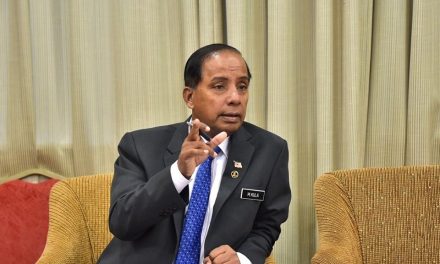KUALA LUMPUR | The Malaysian Employers Federation (MEF) was taken to task for continuing to oppose the increase in the minimum wage to RM1,200 in 57 cities and towns.
UNI Malaysia Labour Centre (UNI MLC) urged MEF to stop repeating the excuses it made in 2010 when the minimum wage was introduced and each time it was raised.
“They even made, the now debunked claim, that 300,000 businesses will go bankrupt if minimum wage is implemented,” said UNI MLC president Datuk Mohamed Shafie BP Mammal, in a statement, today.
Employers should be much smarter, proactive and visionary, he said.
Shafie said outward remittances and the low exchange rate of the ringgit were not due to increases in the minimum wage.
He said they were caused by employers’ addiction to foreign workers, whom they could control, manipulate and exploit.
“It is laughable for an employers group to talk about illegal foreign workers.
“MEF is admitting that employers are blatantly breaking the law employing illegals.
“Don’t cut your nose to spite your face.”
Shafie said the RM100 hike in the minimum wage in cities and towns only translated to an additional 48 sen per hour.
“If they cannot afford 48 sen, they have no business being in business.
“The new minimum wage of just RM5.76 per hour cannot even buy a proper lunch in Kuala Lumpur or Bintulu or Sandakan,” he said.
He pointed out that the minimum wage imposed in Perth, Australia, was A$22 (RM63.06) per hour and lunch cost about A$11.
“This means that working half an hour is enough to put food into their mouths.
“In Malaysia, workers have to work 2½ hours just to buy a proper meal.
“That means the minimum wage is five times lower.”
The veteran unionist said a higher minimum wage would make it easier for Malaysian students to earn a reasonable income and gain work experience as was the case in Australia.
“Don’t expect Malaysian students to work three hours and earn less than RM18, which is not enough to pay for transport from Cheras to Pavilion (shopping mall, KL) and the cost of a meal,” he said.
He said UNI MCL believed that a higher minimum wage would also facilitate the development of a high income, high productivity workforce.
Shafie said employers had to invest in innovation and smarter human resources management and manpower planning instead of forever relying on low-skill foreign workers.
He said this would increase their competitiveness in the global economy.
“It is not wise for MEF to criticise the government decision to raise the minimum wage only for the major urban areas as it is the employers group which has been fighting for sectoral and geographical minimum wage.
“If they are worried about discrimination then implement (the minimum wage of) RM1,200 (across the board).
“We believe that the minimum wage of RM1200 is too low.
“It should be at least RM1500, with effect immediately, nationwide.
On Monday, the MEF, in statement, said employers and business organisations were concerned over the government’s move to raise the minimum wage to RM1,200 from Jan 1.
The government also said that the minimum wage in small towns and rural areas would stay at the present rate of RM1,100.
They cited unfair cost increases, discrimination and breach of promise of the Pakatan Harapan (PH) government manifesto as reasons for their opposition to the move.
The MEF said the PH government had not fulfilled its manifesto promise No 34 to share the burden arising from the hike in the minimum wage from RM1,000 to RM1,500 equally with employers during their first term in office.
“The government has raised the minimum wage three times since 2018 and all the cost increases are wholly borne by employers,” said MEF.
“This is unfair and reflects lack of integrity on the part of the Pakatan Harapan government in fulfilling their promise to share 50 per cent of the cost increases for setting a higher minimum wage,” said MEF executive director Datuk Shamsuddin Bardan.









